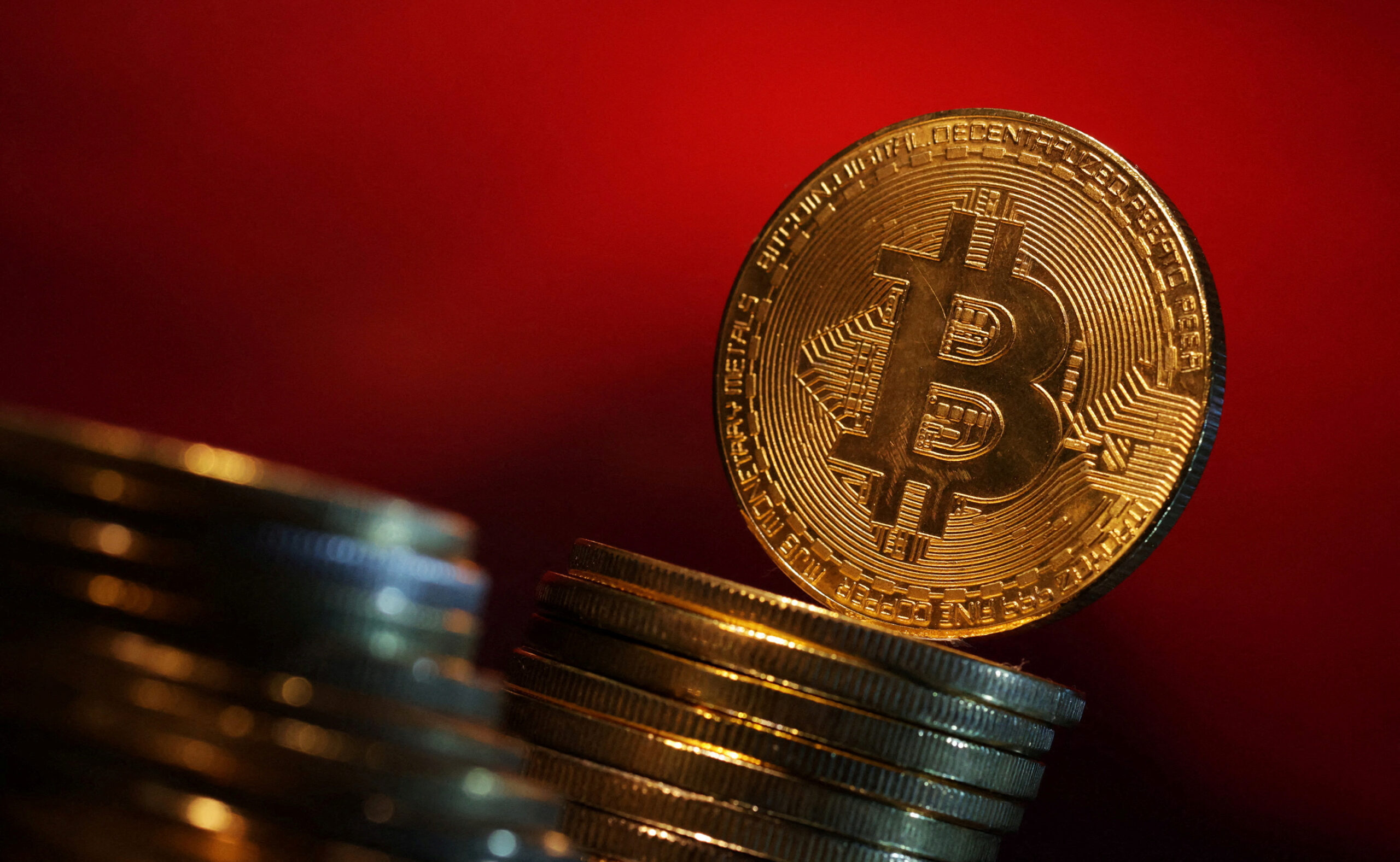
Jamie Dimon, JPMorgan Chase CEO, again sparked heated discussions in the world financial sector by comparing Bitcoin to smoking. Speaking at the Australian Financial Review business summit, Dimon reaffirmed his long-held doubts about the digital currency by linking it to a list of illegal activities such as sex trafficking, fraud, and terrorism. Although he admitted that one could buy Bitcoin, Dimon was unequivocal and said he would never invest in it.
Dimon has always been against Bitcoin. He has constantly cautioned investors against its risks since he started criticizing it many years ago. In his recent interview on CNBC, Jamie defined blockchain technology but hated Bitcoin, which he called a “pet rock” that did not possess anything intrinsic. For him, BTC is mainly for facilitating illicit transactions, thus further proving why it cannot be seen as an investment alternative.
JP Morgan CEO Jamie Dimon has raised concerns about cryptocurrency, especially BTC, which he associated with such illegal activities as sex trafficking, fraud, and terrorism. It was obvious from what Dimon said that he had no faith in Bitcoin’s usefulness:
“I don’t know what Bitcoin is for, but I defend your right to smoke a cigarette. I’ll defend your right to buy a Bitcoin. I won’t personally ever buy a Bitcoin.”
Bitcoin Advocated by Key Figures in the Industry
Dimon’s remarks have sparked a considerable backlash from leaders within the cryptocurrency industry. Grayscale CEO Michael Sonnenshein, Galaxy Digital’s Mike Novogratz, and Ripple’s CEO Brad Garlinghouse have countered Dimon’s assertions.
They emphasize the potential for innovation and disruption that cryptocurrencies bring. They argue that BTC and other digital assets have the power to revolutionize traditional financial systems and unlock new avenues for economic empowerment.
Despite facing criticism, Dimon remains steadfast in his position. He reiterates the perceived risks associated with cryptocurrencies and advocates a cautious approach to investing in them. His calls for potential regulatory intervention and even a ban on BTC have stirred further controversy within the industry.
Proponents of decentralization and financial sovereignty are disputing what they see as outdated and uninformed views. The debate highlights the ongoing tension between those advocating for stricter oversight and those championing the principles of decentralized finance.
Related Reading | Binance Ban Sparks Concerns Among Nigerian Crypto Traders








